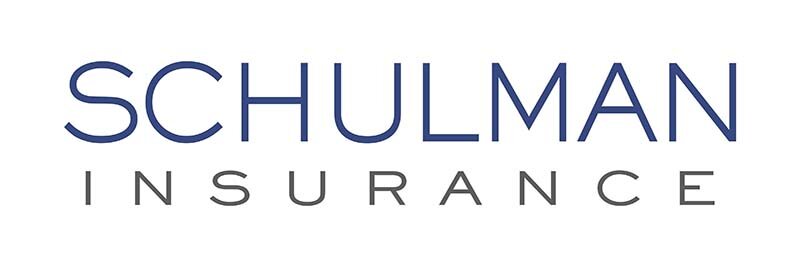IRS Addresses Nutrition, Wellness, and General Health Expenses
The Internal Revenue Service (“IRS”) is reminding taxpayers that expenses related to nutrition, wellness, and general health are not likely to qualify as reimbursable medical expenses under Internal Revenue Code (“Code”) section 213. In a news release and frequently asked questions (“FAQs”), the IRS:
• Clarifies the requirement that reimbursable medical expenses must be related to a targeted diagnosis-specific activity or treatment; and
• Cautions employers about companies who are misrepresenting the circumstances in which food and wellness expenses can be paid or reimbursed by a tax favored plan.
Background
Qualified medical expenses under Code section 213(d) can be reimbursed on a tax-favored basis by a health savings account (“HSA”), health flexible spending account (“FSA”), or a health reimbursement arrangement (“HRA”). Generally, amounts paid for the diagnosis, cure, mitigation, treatment, or prevention of disease, or for the purpose of affecting any structure or function of the body are included under this definition. These expenses can include costs for legal medical services rendered by physicians, surgeons, dentists, and other medical practitioners. They include costs for equipment, supplies, and diagnostic devices needed for medical care. They also include costs for medicines and drugs prescribed by a physician or purchased over the counter. Medical expenses do not include personal expenses that are merely beneficial to general health.
IRS News Release
The IRS has expressed concern that taxpayers may be misinformed about the circumstances in which food or wellness expenses can be medical expenses. On March 6, 2024, the IRS issued a press release to remind taxpayers that personal expenses are not reimbursable on a tax-favored basis through FSAs, HSAs, or HRAs.
The IRS also warned taxpayers about companies that are misleading taxpayers into believing nutrition, wellness, or general health expenses can be reimbursable simply by obtaining a note from a doctor that can be submitted with a claim for reimbursement. These companies offer to provide doctor’s notes to taxpayers for a fee. In this news release, the IRS cautions documentation or a note from a doctor based on self-reported health information cannot convert personal expenses into medical expenses.
The IRS directs taxpayers to FAQs that provide examples of medical expenses that can qualify for reimbursement. Examples of expenses that are not reimbursable as medical expenses include:
• Cost of exercise such as swimming or dancing lessons or memberships,
• Cost of weight loss programs that do not treat a specific disease diagnosed by a physician,
• Cost of food or beverages for weight loss that satisfies normal nutritional needs,
• Cost of food or beverages that does not alleviate or treat an illness,
• Cost of food or beverages that is not prescribed by a physician,
• Cost of drugs that aren’t prescribed by a physician,
• Cost of nutritional supplements that are not recommended as treatment for a specific medical condition diagnosed by a physician.
The proper treatment of medical expenses is required for an employer benefit plan that provides benefits through an FSA or HRA. FSA and HRA plans that reimburse expenses that are not eligible can risk the tax qualified status of the entire plan. The IRS has also recently emphasized the high standards for FSA claim substantiation. The failure to meet substantiation requirements can result in the employee losing their tax benefits under the plan or the employer’s entire plan losing its tax-favored status.
Employer Action
Employers that sponsor benefit plans that reimburse medical expenses should confirm with their service providers that the plans only reimburse qualified medical expenses and that all claims processed are properly substantiated prior to reimbursement. This could require plan sponsors to review how claims are substantiated for reimbursement when paid by a debit-card or other point of sale reimbursement. Employers should closely evaluate vendors who promote programs that use pre-tax dollars for nutritional or other wellness expenses and, for a fee, provide doctor’s notes in an attempt to substantiate these claims.
